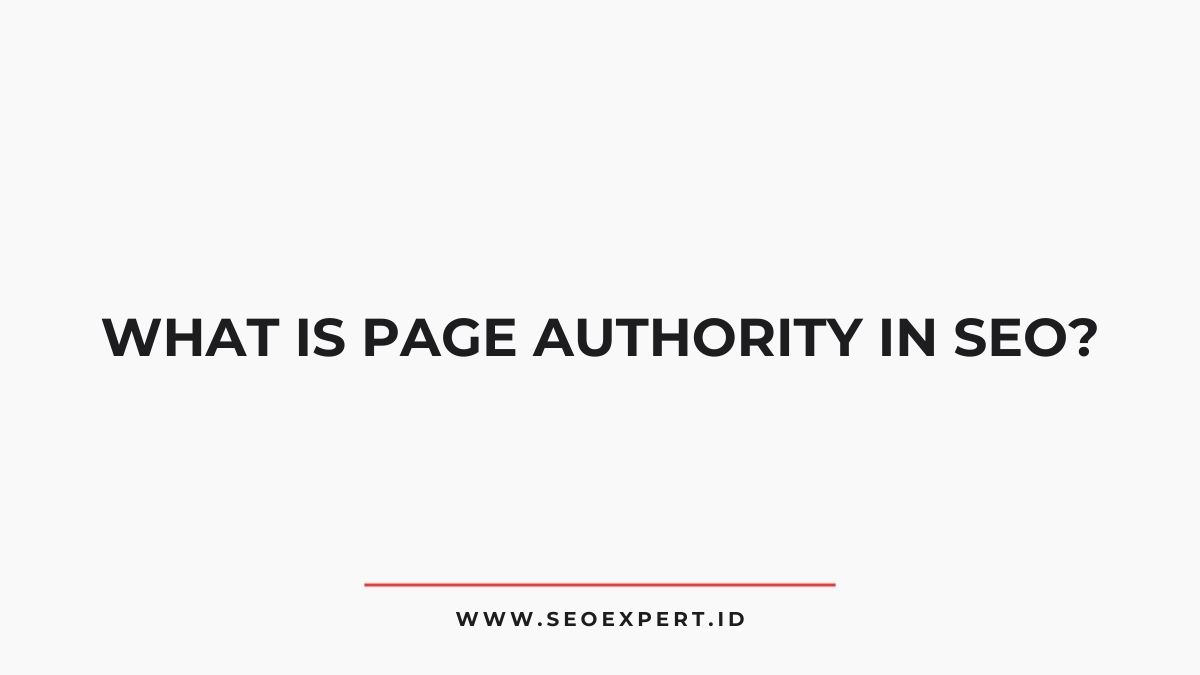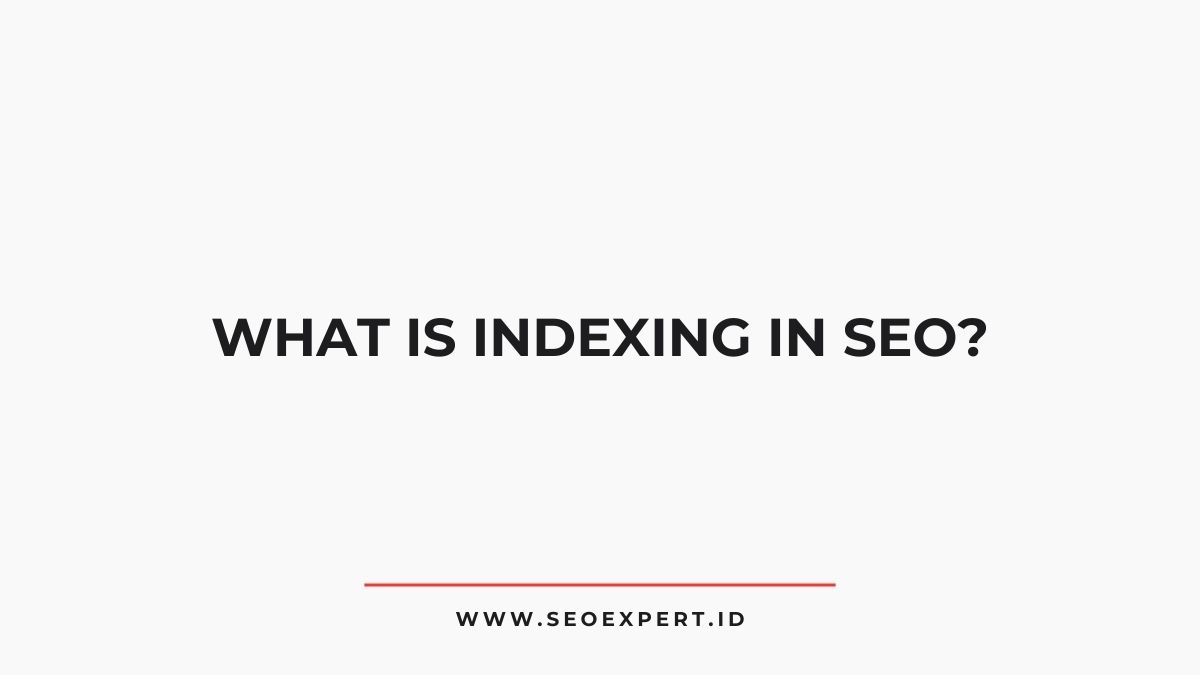Page Authority (PA) is a predictive metric created by Moz that assesses a webpage’s potential to rank on search engine results pages (SERPs).
SEMRush
SEMrush is a fantastic SEO tool that can be used to carry out keyword research, including tracking the keyword strategy of your competitors.
It considers factors such as the quality and quantity of backlinks, content relevance, and user engagement metrics.
PA operates on a logarithmic scale from 1 to 100, with higher scores indicating better ranking potential.
Understanding PA is essential for optimizing SEO strategies and making informed decisions in a competitive digital landscape. Further insights follow.
Highlights
Hide- Page Authority (PA) predicts a page's potential to rank well in search engine results based on various factors.
- PA is scored on a logarithmic scale from 1 to 100, with higher scores indicating better ranking potential.
- It is influenced by the quality and quantity of backlinks, content relevance, and user engagement metrics.
- A higher PA can lead to increased visibility, organic traffic, and user trust in a website.
- Improving PA involves strategies like acquiring high-quality backlinks, optimizing content, and enhancing user experience.
Understanding Page Authority
It is derived from various factors, including the quality and quantity of backlinks, the relevance of content, and overall user engagement metrics. PA operates on a logarithmic scale from 1 to 100, with higher scores indicating a greater probability of ranking success.
This metric is essential for webmasters and digital marketers, as it allows for the strategic prioritization of resources towards optimizing pages with higher PA.
Understanding PA enables informed decision-making and risk assessment, ensuring that efforts align with best practices in a competitive digital landscape.
How Page Authority Is Calculated
Page Authority is calculated through a systematic evaluation of various factors, primarily focusing on link quality and the influence of Domain Authority.
High-quality backlinks from reputable sources greatly enhance a page’s perceived authority, while the overall strength of the linking domain further amplifies this effect.
Consequently, understanding these components is essential for optimizing Page Authority within the broader framework of SEO strategy.
Link Quality Assessment
While evaluating link quality is essential for determining a website’s Page Authority, several factors are taken into consideration to guarantee an accurate evaluation.
A thorough assessment focuses on the following elements:
- Relevance: Links from websites within the same niche or industry are valued higher, as they indicate a closer relationship and contextual relevance.
- Authority: Links originating from high-authority domains contribute greatly to Page Authority, enhancing credibility and trustworthiness.
- Anchor Text: The descriptive text used in hyperlinks can influence the perceived quality of a link. Optimized anchor text provides clarity regarding the linked content, improving user experience and SEO outcomes.
Domain Authority Influence
Link quality assessment lays the groundwork for understanding how different factors influence a website’s overall authority metrics.
Domain Authority (DA) serves as a predictive measure of a website’s performance in search engine rankings, derived from multiple elements, including link profiles and overall trustworthiness.
Page Authority (PA), on the other hand, is a component of DA, focusing on individual pages. The correlation between DA and PA reflects the interplay of internal and external links, domain age, and content relevance.
High-quality backlinks considerably enhance both metrics, while spammy or low-quality links can detrimentally affect them.
Consequently, a thorough approach to improving DA not only supports PA but also reinforces a website’s credibility and safety in the digital landscape.
Factors Influencing Page Authority
Page Authority is considerably impacted by two primary factors: link quality and quantity, along with content relevance and freshness.
High-quality backlinks from authoritative sources contribute to a stronger Page Authority, while the quantity of these links also plays a critical role in establishing credibility.
Additionally, regularly updated and relevant content enhances user engagement and signals to search engines that the page remains pertinent within its niche.
Link Quality and Quantity
Authority in digital marketing is greatly influenced by the quality and quantity of inbound links. These links serve as endorsements from other websites, impacting page authority considerably.
Three key factors determine the effectiveness of these links:
- Relevance: Links from websites that are topically aligned with the target page enhance authority more than unrelated sites.
- Domain Authority: Links from high-authority domains carry more weight, contributing to a stronger overall page authority.
- Link Diversity: A varied backlink profile, consisting of links from different sources, indicates to search engines that the content is widely recognized and trustworthy.
Content Relevance and Freshness
Inbound links play a considerable role in shaping a website’s authority, but the relevance and freshness of the content also considerably impact page authority. Relevant content aligns with user intent, ensuring that visitors find valuable information that meets their needs. Search engines prioritize such content, enhancing page visibility.
Freshness, on the other hand, reflects the website’s commitment to providing updated information, which is critical in rapidly evolving fields. Regularly updated content signals to search engines that the site remains authoritative and engaged, positively influencing rankings.
Consequently, maintaining a strategic focus on both content relevance and freshness is essential for optimizing page authority, fostering trust among users, and ensuring compliance with best SEO practices.
The Importance of Page Authority in SEO
While many factors contribute to a website’s overall SEO performance, the significance of page authority cannot be overstated.
Page authority serves as a predictive measure of how well a specific page is likely to rank on search engine results pages (SERPs). Understanding its importance can lead to more effective SEO strategies.
- Ranking Potential: Higher page authority correlates with increased visibility on SERPs, attracting more organic traffic.
- Trustworthiness: Pages with elevated authority are often perceived as more credible, enhancing user trust and engagement.
- Competitive Edge: In a saturated market, strong page authority distinguishes a website from competitors, providing a substantial advantage.
Thus, page authority is a critical element that directly influences a website’s SEO success.
Strategies to Improve Page Authority
Improving page authority requires a multifaceted approach that encompasses various SEO strategies. Key methods include enhancing content quality, optimizing backlinks, and improving user experience. High-quality, relevant content attracts organic traffic and encourages backlinks, which are crucial for authority. Additionally, a well-structured website with swift loading times contributes to a positive user experience, further boosting authority.
| Strategy | Description |
|---|---|
| Content Optimization | Create high-quality, keyword-rich content. |
| Link Building | Acquire backlinks from reputable, relevant sites. |
| User Experience | Guarantee fast loading times and mobile responsiveness. |
Implementing these strategies systematically can lead to a significant increase in page authority, enhancing overall SEO performance.
Measuring Page Authority Effectively
To assess page authority accurately, it is vital to utilize a combination of quantitative metrics and qualitative analysis. This multifaceted approach guarantees a thorough understanding of a webpage’s standing within search engine algorithms.
Utilizing both quantitative metrics and qualitative analysis ensures a comprehensive understanding of a webpage’s authority in search engines.
- Domain Authority (DA): This metric, developed by Moz, provides insight into the overall strength of a domain, influencing the potential ranking of individual pages.
- Backlink Quality: Evaluating the authority and relevance of inbound links is essential; high-quality backlinks from reputable sources can greatly enhance page authority.
- Content Relevance and Engagement: Analyzing user engagement metrics, such as time on page and bounce rate, helps determine the effectiveness of content in meeting user needs.
Common Misconceptions About Page Authority
Understanding page authority involves steering through several misconceptions that can cloud its true importance in SEO. A prevalent myth is that page authority is solely determined by backlinks; while backlinks are essential, other factors like content quality and user engagement also considerably influence this metric.
Another misconception is that a high page authority guarantees top search rankings, which is inaccurate, as various ranking factors interact in complex ways. Additionally, some believe that page authority remains static; however, it is dynamic and can fluctuate based on ongoing changes in the website’s ecosystem and competitor actions.
Recognizing these misconceptions is critical for effectively leveraging page authority in developing robust SEO strategies, ultimately fostering safer and more sustainable online visibility.
Wrapping Up
To sum up, Page Authority serves as a pivotal metric in SEO, reflecting a page’s likelihood to rank in search engine results.
For instance, a hypothetical e-commerce site that enhances its content quality and acquires high-quality backlinks may observe a significant increase in its Page Authority, leading to improved visibility and traffic.
Understanding and strategically improving Page Authority can therefore enhance a site’s competitive edge in the digital landscape, ultimately driving better performance and user engagement.








